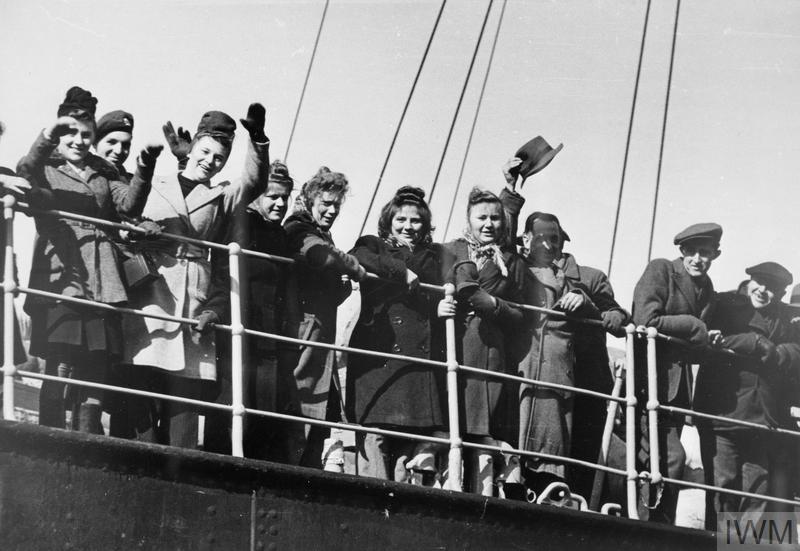
THE REPATRIATION OF 1400 POLISH DISPLACED PERSONS BY THE UNITED NATIONS
Home / The War / "The Last Million:" Eastern European… Article "The Last Million:" Eastern European Displaced Persons in Postwar Germany After World War II 1.2 million Eastern European displaced persons refused to return home, creating a large-scale refugee crisis. April 4, 2022
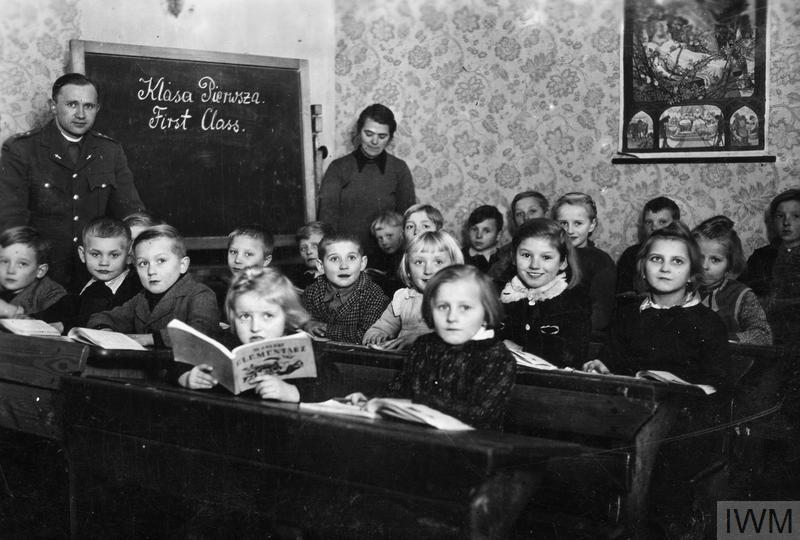
POLISH DISPLACED PERSONS IN GERMANY, 19451948 Imperial War Museums
The devastation caused by World War II left hundreds of thousands of Polish forces and individuals displaced from their homes and families by the year 1945. Loved ones had been lost. Houses, flats - and even whole villages - had been destroyed. And with the February Yalta Conference confirming communist control over Poland, many Poles became political refugees, unable to return to their.

The story of when the Germans were the refugees The
This combined use of diverse archives and oral history provides insight into the long-term impacts of encampment, displacement and resettlement on Polish, Latvian and Ukrainian displaced persons in Queensland. The oral history interviews recorded during the project allow for a case study of contemporary refugee engagement to be developed.
UNRRA director, Mordecai Schwartz poses with Polish displaced persons
Tens of thousands of people lined the streets in Poland's capital on Thursday to protest their detention, as well as Tusk's government. A video posted by PiS MP Katarzyna Sójka showed people.
A group portrait of Polish Jewish displaced persons in the Weiden DP
Kingdom of Barracks depicts the texture of everyday life in refugee camps in postwar Europe. Taking a bottom-up perspective, Katarzyna Nowak examines the experiences of Polish Displaced Persons in the shadow of the mounting Cold War and explores the formation of cultural identity in exile through the lenses of class, gender, body, and nationality.
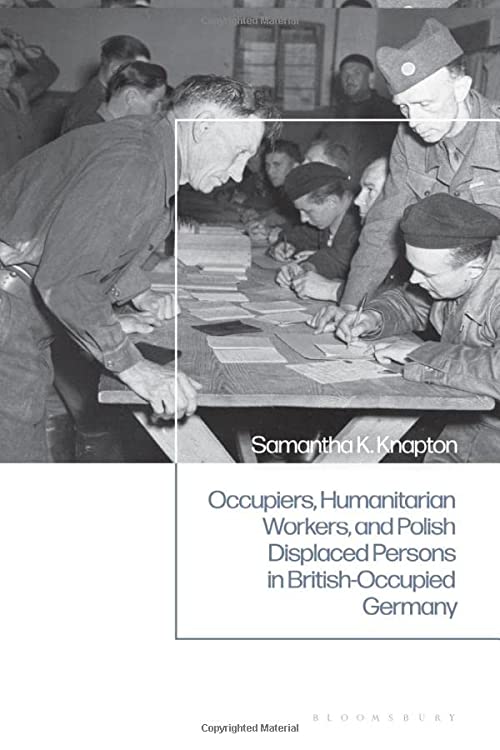
Occupiers, Humanitarian Workers, and Polish Displaced Persons in
Displaced persons' camps in Europe and migration around the world. Study guide & statistics for all the 1945-1949 forgotten holocaust of all nationalities during World War II, Very comprehensive, includes: Ukrainians, Polish, Germans, Latvians, Estonians, Italians, French, Yugoslavs, Catholic, Orthodox, and others. Photos, E-mail inquiries, research links
A Polish Jewish couple outside their house in the Heidenheim displaced
A group of Polish displaced persons (DPs) was stranded in the British zone of occu-pation in 1945, a smaller part of a much broader population upheaval in Europe in the 1940s that included Nazi forced labour and resettlement plans, as well as the expulsion of Germans from Eastern Europe. The relationship between British military officials,

(PDF) ‘There is No Such Thing as an Unrepatriable Pole’ Polish
The unexpected Oct. 15 election victory secured by Tusk and his allies revived hopes that Warsaw will be able to access almost €60 billion ($65.7 billion) in EU aid suspended over rule-of-law.
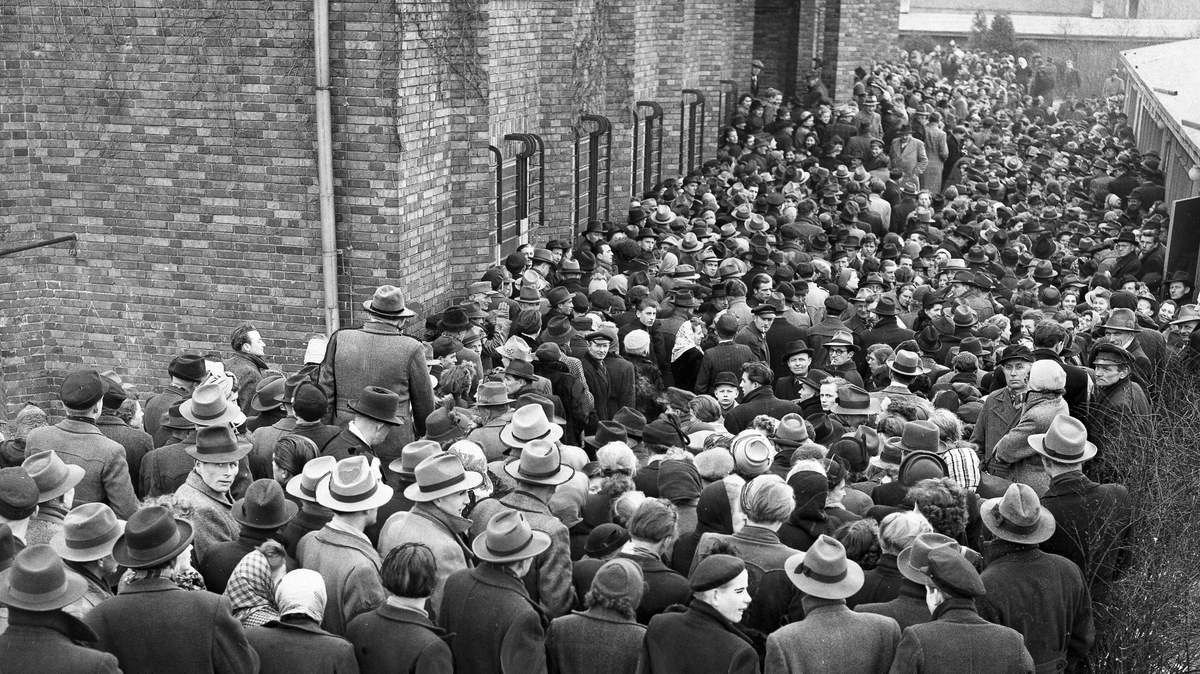
David Nasaw Traces What Happened To WWII's 'Last Million' Displaced
A group of Polish displaced persons (DPs) was stranded in the British zone of occupation in 1945, a smaller part of a much broader population upheaval in Europe in the 1940s that included Nazi forced labour and resettlement plans, as well as the expulsion of Germans from Eastern Europe.
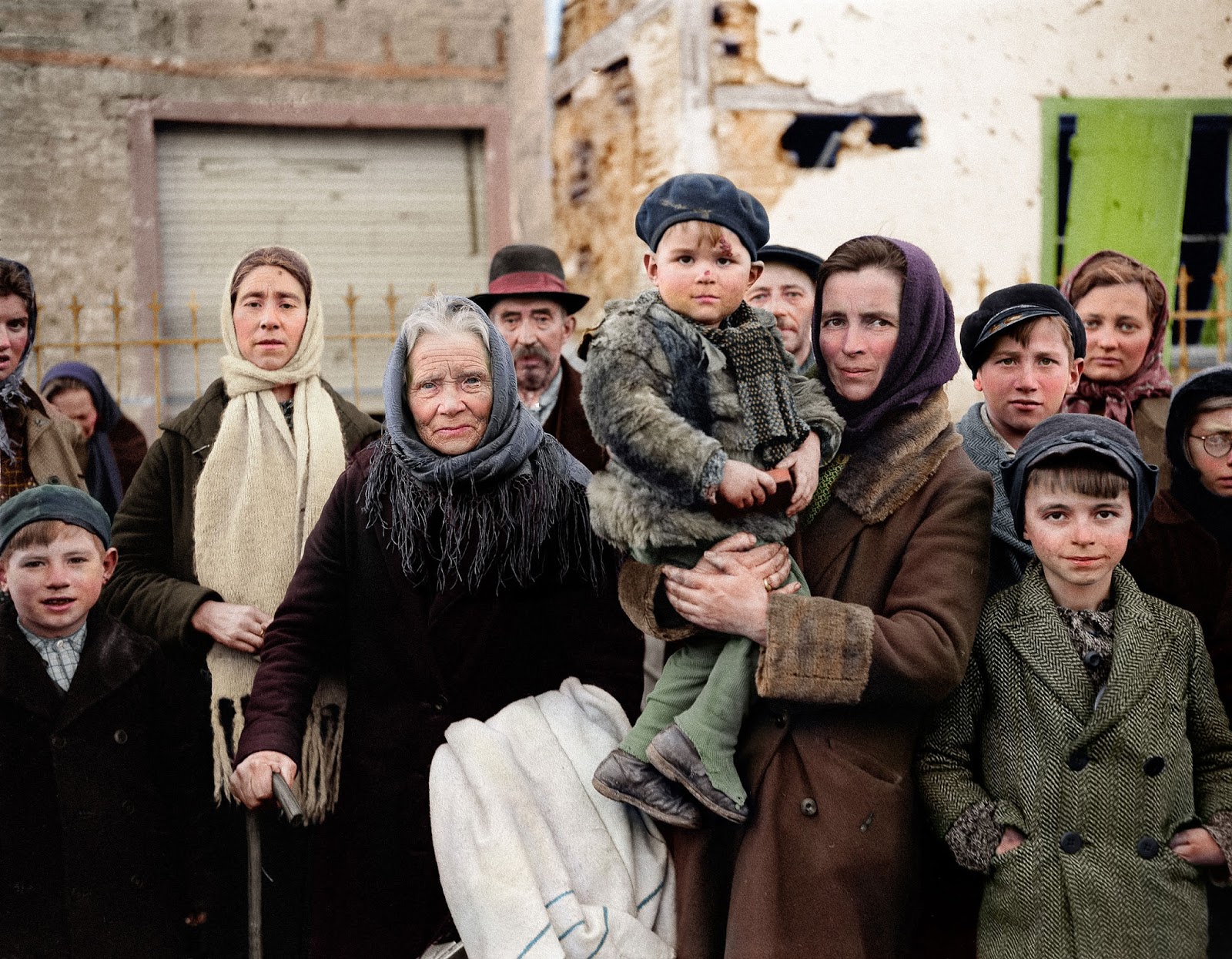
13 Fascinating Colorized Photos of Refugees During World War II
Occupiers, Humanitarian Workers, and Polish Displaced Persons in British-Occupied Germany Get access Occupiers, Humanitarian Workers, and Polish Displaced Persons in British-Occupied Germany . By Samantha K. Knapton . London, New York and Dublin : Bloomsbury . 2023 . xiv + 246 pp. £85.00 (hardback); £76.50 (e-book). Camilo Erlichman
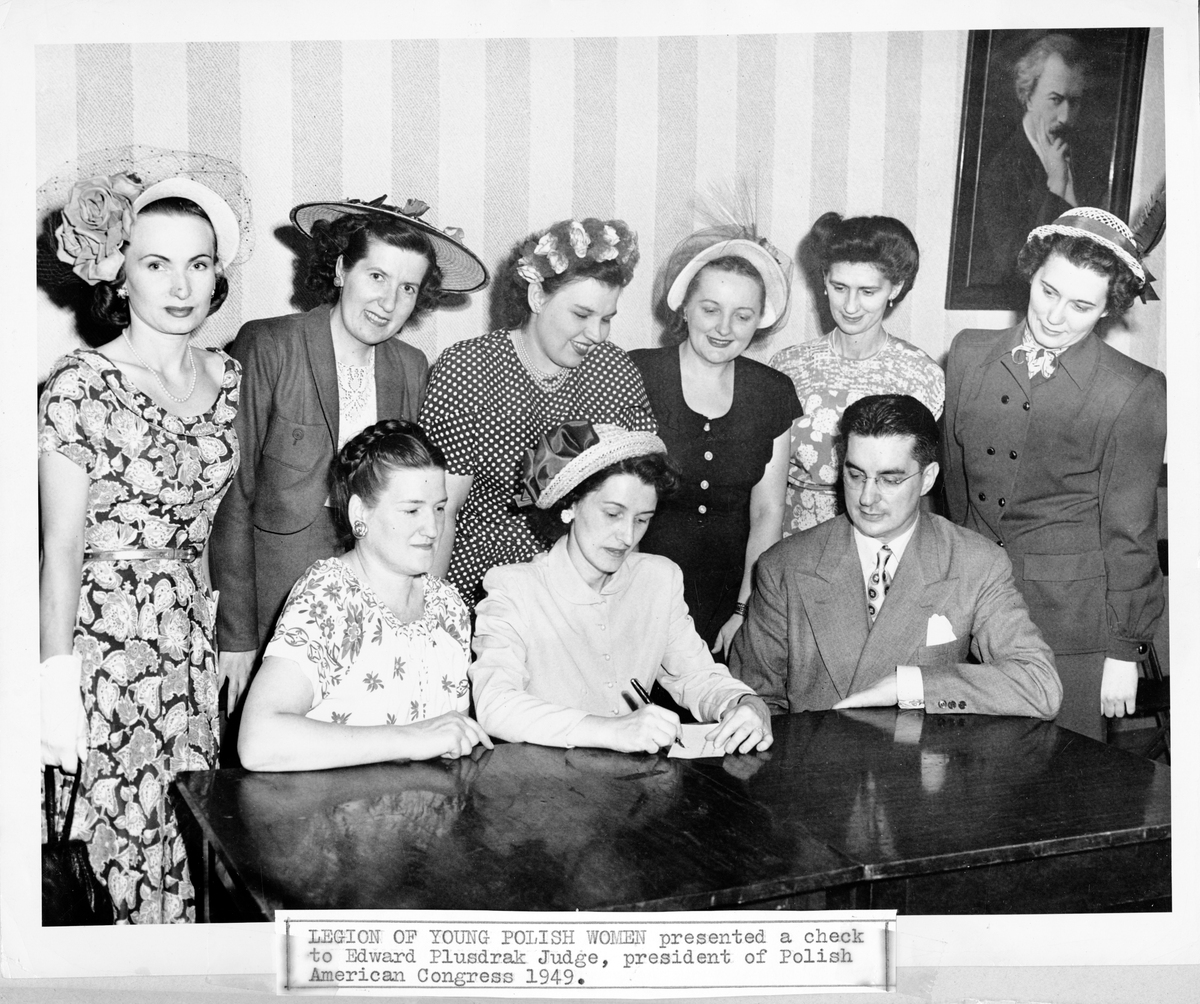
Loyola University Chicago Digital Special Collections Donation for
In 1949, in the wake of the USA's Displaced Persons Act of 1948, the American Committee for the Resettlement of Polish Displaced Persons received thousands of letters from refugees of peasant and worker background residing in camps in Germany and Austria. These potential immigrants appealed to the Polish diaspora for help with securing.
Collections Search United States Holocaust Memorial Museum
After the German and Russian invasions of Poland in September 1939, the Polish Government and many Polish soldiers, airmen and sailors escaped first to France and then to Britain, joining the.
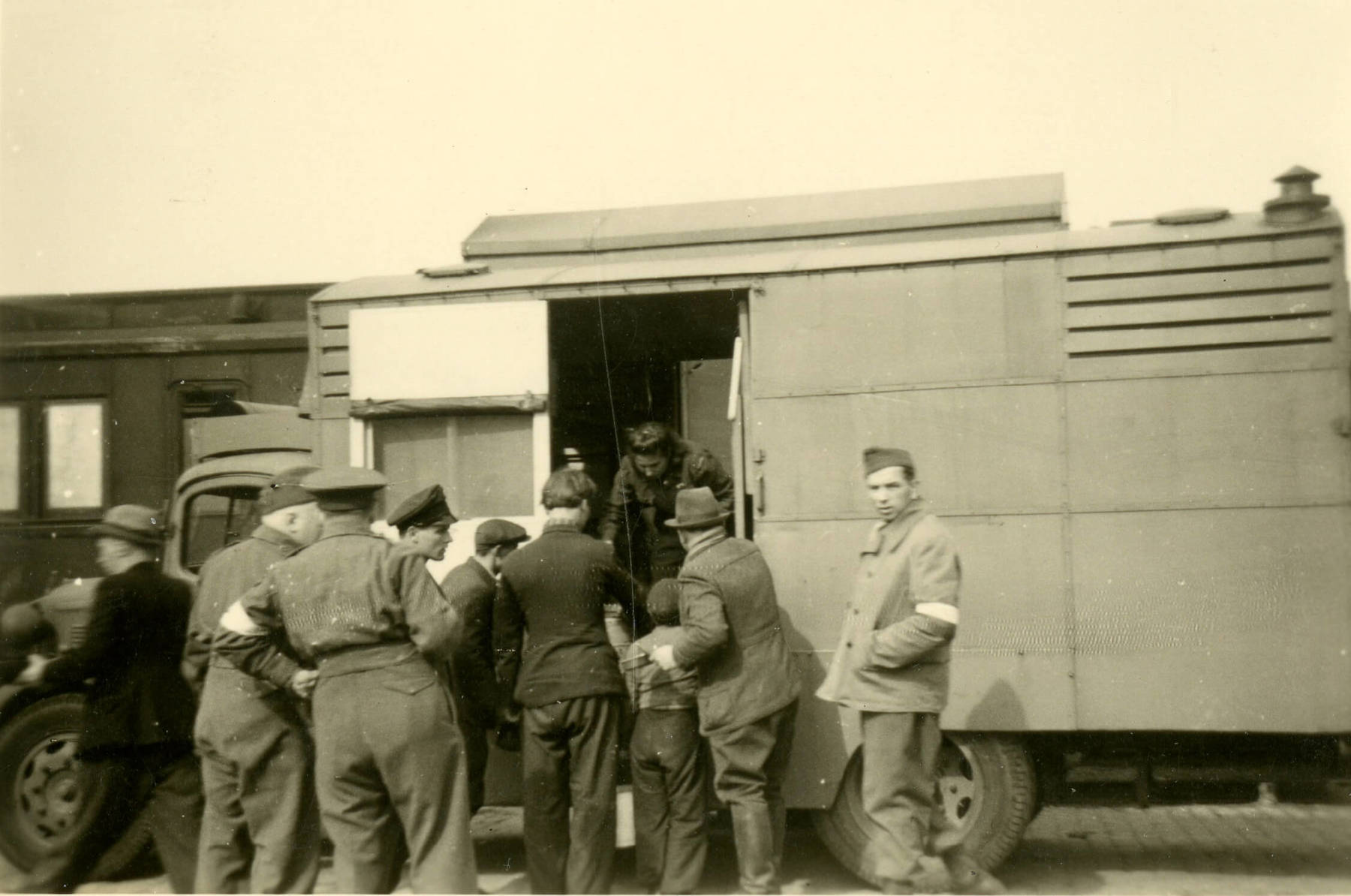
Scouting helps displaced families Scouts
Julia Devlin: Safe Haven Africa: Polish Displaced Persons in Africa During and After World War II 19 Akim Jah: Resettlement of Specialists: European Displaced Persons in Pakistan in the Aftermath of World War II 41 Documents from the Arolsen Archives 69 About the Authors 93 Contents 7. 8.

THE REPATRIATION OF 1400 POLISH DISPLACED PERSONS BY THE UNITED NATIONS
Tuesday's confrontation at the presidential palace ended peacefully late in the evening after police officers were allowed to enter the building. They took Mr. Kaminski, a former minister.

DISPLACED PERSONS REFUGEES GERMANY (BU 6641)
Records (1948-1968) of the American Committee for Resettlement of Polish Displaced Persons include correspondence, financial records, information on fund drives, reports, and organizational papers including bylaws and articles of incorporation.

FileA Polish family registering at No.17 Displaced Persons Assembly
Displaced persons (DPs) in Poland 1945 gives a little known background history, statistics in human loss, archive addresses, migration to other countries,. This agreement was signed on July 30 1941 and enabled all Polish people to be freed for the purpose of forming an Army and help Stalin fight Hitler.